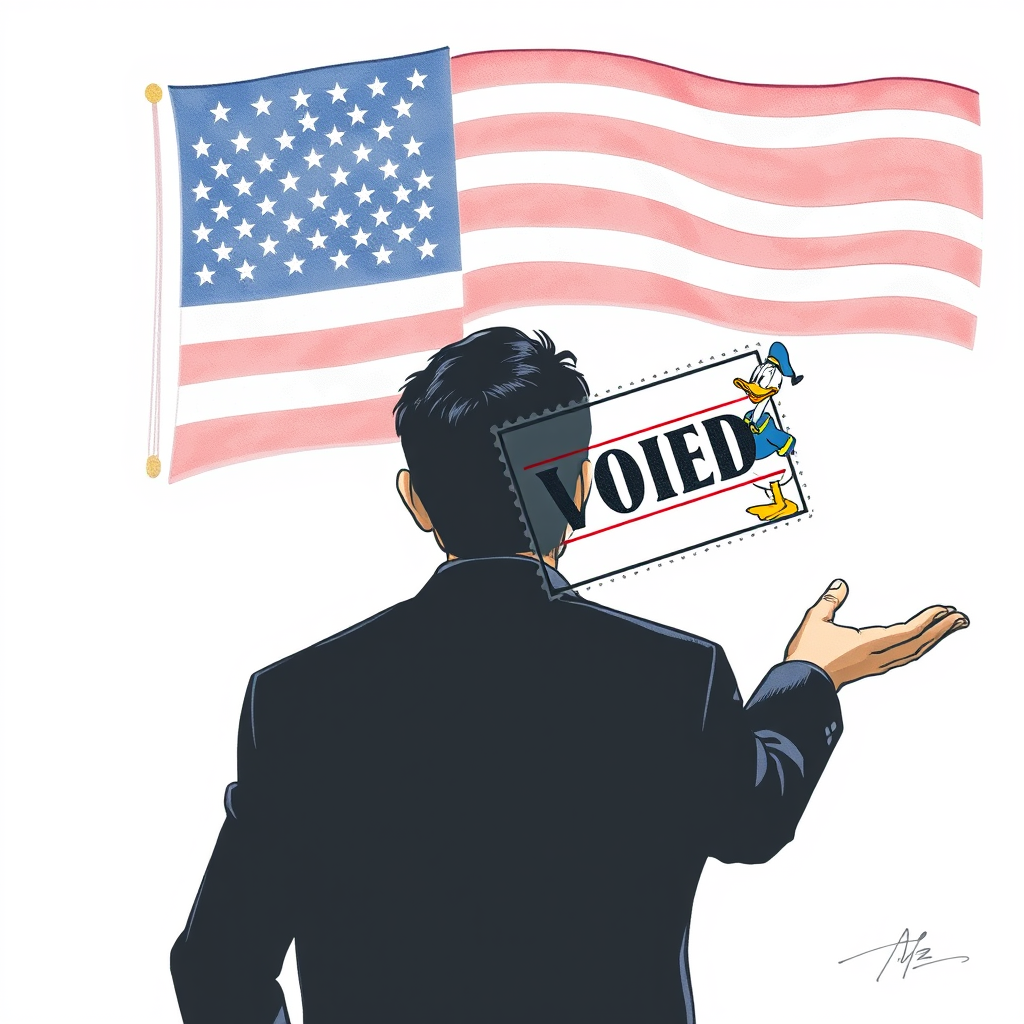Petro Accuses Trump Admin of Visa Block

Colombian President Gustavo Petro made a surprising claim during a recent nationally televised address, alleging the Trump administration revoked his U.S. visa. Petro, a former member of the M-19 Democratic Alliance, stated he is now unable to travel to the United States, though he acknowledged not requiring a visa previously. He punctuated the announcement with a seemingly unrelated comment about having “already seen Donald Duck several times,” implying a disinterest in revisiting the country.
The remark, described by The City Paper Bogotá as casually delivered and out of context, reportedly surprised members of his cabinet during what was presented as a cabinet meeting framed as a presidential address. The timing is notable, as Colombian Foreign Minister Laura Sarabia prepares to address the United Nations Security Council in New York, and acting Finance Minister Germán Avila is already in the U.S. on official business.
A U.S. Embassy representative in Bogotá confirmed to The City Paper Bogotá that no formal notification of visa revocation had been issued.
This claim arrives amidst a backdrop of Petro’s vocal criticism of El Salvador’s President Nayib Bukele regarding the treatment of Venezuelan migrants deported during the Trump administration. In a recent English-language social media post, Petro drew a controversial parallel between current issues and the Holocaust, condemning the collective blame of Venezuelan people due to the actions of the “Tren de Aragua” criminal group.
The U.S. Embassy in Bogotá swiftly responded, labeling Petro’s comments “deeply offensive” and urging political leaders to refrain from equating contemporary conflicts with historical genocides.
Petro’s accusations and subsequent rhetoric represent a complex diplomatic situation. While the visa claim remains unsubstantiated by U.S. officials, it underscores a clear strain in relations, fueled by differing ideologies and approaches to regional issues. The president’s decision to publicly air this grievance, coupled with his provocative comparison to the Holocaust, appears to be a deliberate attempt to frame the narrative and rally support for his policies, even if it risks further escalating tensions with the United States. The incident highlights the increasing tendency of political leaders to utilize emotionally charged language and historical analogies in international discourse, often with potentially damaging consequences for diplomatic efforts.